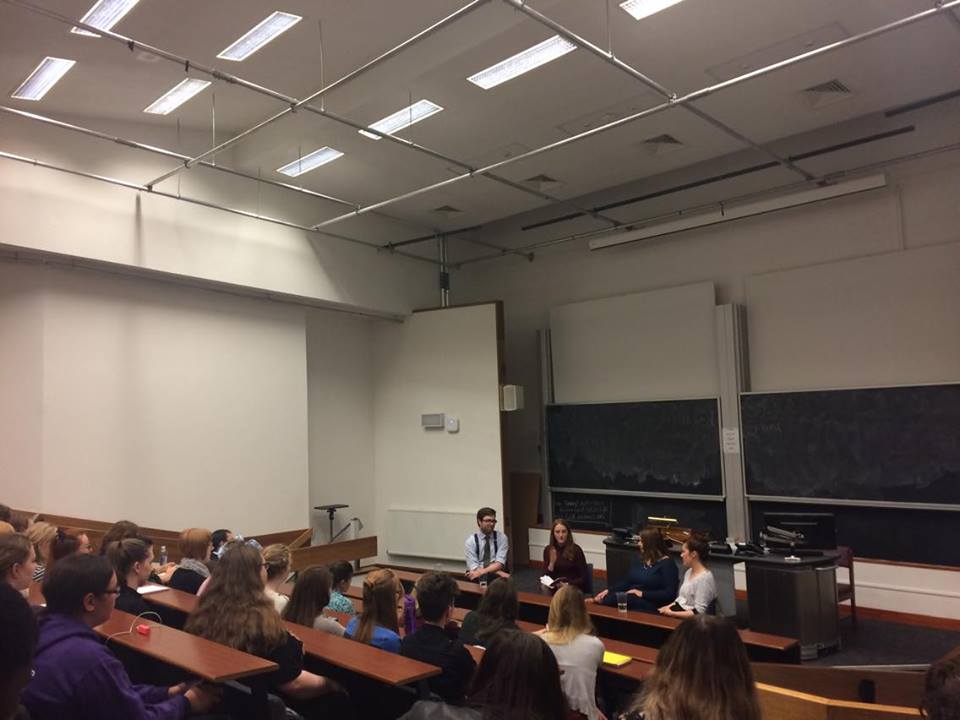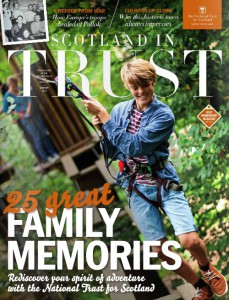2017 could not have started better for me, as I was offered an internship at Barrington Stoke. Barrington Stoke is a children’s and YA publisher, founded by Patience Thomson and Lucy Juckes, a mother and daughter-in-law team with personal experience of the way that dyslexia can lock children out of the world of books and reading. They came up with the idea of books that would open the door to more young people. They developed a dyslexia-friendly font, pioneered the use of tinted paper and began to commission short, achievable books from an amazing range of authors.
Over the years, the company has gained many awards, such as Children’s Publisher of the Year, and many supporters due to their collaborations with exceptional and award-winning authors and illustrators. Working for a children’s publisher for 5 weeks is an amazing experience. Currently being in the middle of my time there, I received valuable guidance, advice and the chance to develop my editorial, social media and design skills, as I’m responsible for updating the company’s blog to a great extent, using WordPress.
Working in an office is one of the best experiences I could have gained, because I always wanted to work in this environment, collaborating with other workmates and get an insight into working for a publisher. Barrington Stoke is small but very friendly company, with many tasks and responsibilities for the staff. As an intern, I’ve undertaken various tasks so far, helping by completing office administrative tasks such as mailing the new book catalogues to booksellers such as Waterstones. My favourite task was definitely blogging, because I own my own food and lifestyle blog, so it was interesting to create blogs about book titles and mini author interviews called ‘Five Questions’.
During my internship so far, I’ve been using Indesign and Photoshop tools, to edit pictures and create banners for the blog posts I was responsible to create. This helped me very much to practise my design skills and familiasize myself with design tools, which will help me in my future career. At Barrington Stoke, I’ve also been responsible for proof-reading some of the book catalogues and stock lists, and have explored the editorial department.
I consider myself lucky to have worked at Barrington Stoke and I believe this internship strengthened my passion for social media and digital marketing, helping me pursuing a career after my postgrad.





